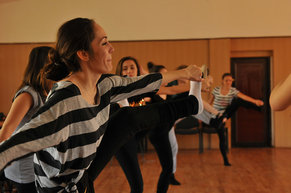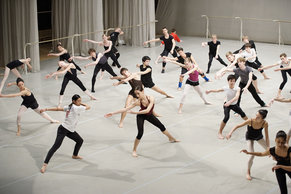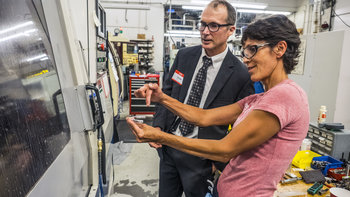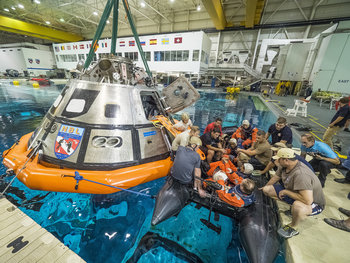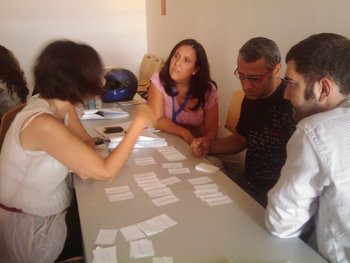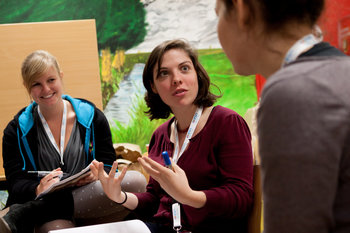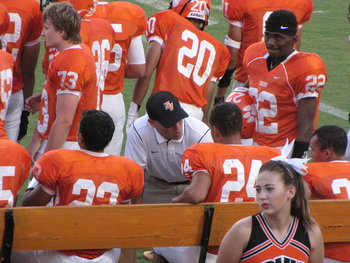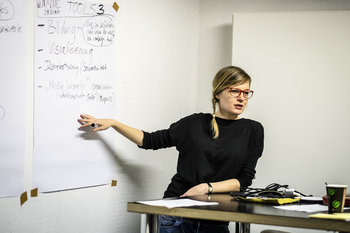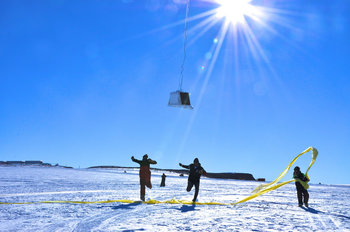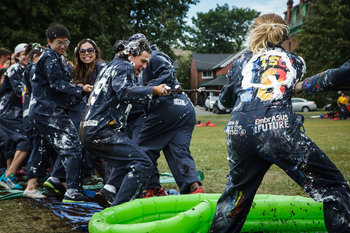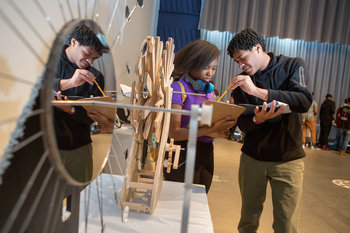
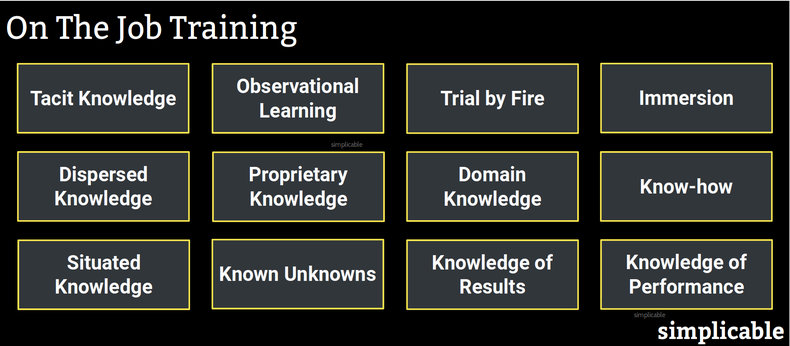
Tacit Knowledge
Tacit knowledge is an ability that can't be learned from a book that can only be improved with experience. This includes physical tasks such as hammering a nail and soft skills such as leadership.Observational Learning
Learning by observing. For example, watching a skilled negotiator in action to learn how to negotiate.Trial by Fire
Learning to deal with pressures and stresses by being exposed to them such as a trader who learns to deal with a market crash by experiencing one.Immersion
Learning a culture or language by being surrounded by it. For example, a trader who learners how traders talk by being around traders.Dispersed Knowledge
Knowledge that hasn't been centralized into a single source. For example, an employee who learns about organizational culture from their peers.Proprietary Knowledge
Knowledge that is specific to an organization or team such as a business process that exists nowhere else.Domain Knowledge
Information that is specific to a domain such as a profession or industry. For example, a project manager who provides a trainee with colorful insights into the process of developing estimates.Know-how
Practical knowledge directly related to getting things done. For example, the marketing theory you learn is school can be very different from the practical realities such as how to close a sale or improve a conversion rate.Situated Knowledge
Knowledge from the perspective of a context or viewpoint. For example, learning the types of things that impress a particular executive or customer.Known Unknowns
The process of discovering what you don't know. A job often looks easy until you try it and realize there are gaps in your knowledge or abilities.Knowledge of Results
Being able to try things and see their results. For example, a customer service representative who tries to win back a dissatisfied customer but fails. This is viewed as a critical type of learning because it gives you real world feedback.Knowledge of Performance
Obtaining information about your performance independently of actual results. For example, a customer service manager who tells a customer service agent they did a reasonably good job despite a failure and point to a few areas of improvement.| Overview: On The Job Training | ||
Type | ||
Definition | The process of training an individual at a work site. | |
Also Known As | OJT | |
Related Concepts | ||

